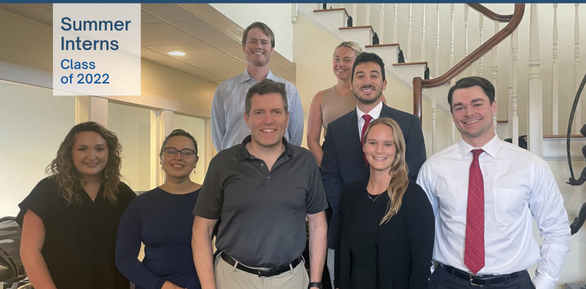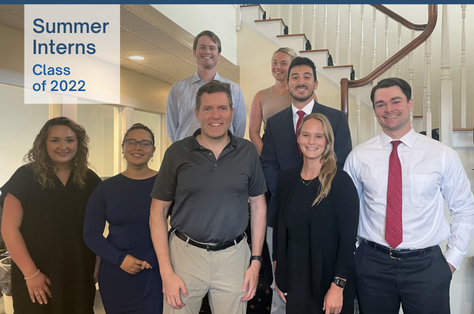 Pitfalls of Relying on a Last Will and Testament
Pitfalls of Relying on a Last Will and Testament
A Last Will and Testament is a legal document that coordinates the distribution of your assets after you pass away. While many individuals believe that a Will is a sufficient way to allocate assets to their loved ones, there are numerous short comings in relying on a Will as the core document in your estate plan. This Article covers the top 6 pitfalls of relying upon a Last Will and Testament.
The first pitfall is the ability for your Will to be challenged. The provisions of your Will, including your direction as to the disposition of your assets, may be exposed to challenges by individuals or family members who disagree with your wishes. The Court will allow any of your natural heirs and any individual you have named as beneficiary in your Will to challenge any provision contained in your Will. The likelihood of a challenge increases if there is strife in the family, a disinherited family member, or unequal distributions between beneficiaries. Once a challenged is levied, it can impose a large financial burden on the estate and can take years to resolve
The second, and unavoidable, pitfall with a Will-based estate plan is that you are exposed to the costly, time consuming, and intrusive process of the probate court. While many individuals believe that creating a Will is an effective way to cut down on legal expenses, you will likely end up spending a large amount of money on costs associated with probate proceedings. The probate process can cost upwards of 10% of the value of the estate. Further, the probate process is lengthy. It can take around eight months to have your Personal Representative (formerly referred to as Executor) appointed and the probate process itself takes at least a year to finalize.
The third pitfall presents itself during the probate process, when your beneficiary’s access to the inherited assets is often restricted. This can be especially problematic if you have minor beneficiaries or beneficiaries with special needs or disabilities. Under the provisions of a simple Will, an inheritance left to a minor (person under 18 years of age) will be held by the Personal Representative until the beneficiary turns 18, at which point the entire inheritance will be distributed to them outright. Most individuals would prefer to have their minor beneficiaries inherit at a later age or have the money allocated for specific purposes such as education. In addition, beneficiaries with special needs or those receiving government benefits will not be protected under a simple Will. It is likely that these beneficiaries will have their existing benefits suspended or terminated. This would also jeopardize their eligibility status for programs they otherwise would have been immediately eligible for. A simple Will is also unable to protect the inherited assets from a beneficiary’s creditor, divorcing spouse, or any lawsuits which might be pending against the beneficiary.
The fourth pitfall is the public nature of the probate proceedings. An inventory of all your assets is filed with the Court, which is public information, as well as the names and addresses of your family members and beneficiaries. Due to modern day technology, these records are easily available online, free of charge, for anyone to look up without you or your family’s knowledge, and without requiring permission from you or the Court.
The fifth pitfall worth mentioning is that a Will is only effective after death. Therefore, a Will does not aid in the management of your affairs should you become incapacitated. Without further estate planning, your family members will be left without guidance, and you will be left without a trusted representative to make your medical and financial decisions. Often times this can result in the need for the appointment of a Guardian or Conservator for you or your assets, a process that is expensive and time-consuming.
The sixth, and final pitfall covered in this Article is that a simple Will does not protect your estate from estate taxes. While the 2022 federal estate tax exemption is $12.06 million, it does not mean that individuals with an estate value less than $12.06 million should disregard a concern for estate taxes. Some states, including Massachusetts, have a state-level estate tax with a much lower exemption amount. In Massachusetts, the estate tax applies to any estate over $1 million. This amount is sometimes easily attained when you factor in real estate, life insurance, retirement accounts, and any investment or cash accounts. This is especially important for married couples as a simple Will cannot effectively maximize each spouse’s $1 million Massachusetts exemption.
Ultimately, these shortcomings may place an undue burden on your family or friends both during your lifetime and after you pass away. A simple way to avoid these pitfalls is to establish a Revocable Living Trust as the core document to your estate plan. A Revocable Living Trust is a legal instrument through which one person, called the Trustee (typically yourself), holds and manages the Trust assets for the benefit of the beneficiaries named in the Trust. Traditionally you are the beneficiary of the Trust during your lifetime and you name one or more beneficiaries to inherit after you pass away.
The Benefits of a Revocable Living Trust 
A Revocable Living Trust does more than merely instruct distribution of your assets after you pass away. A Revocable Living Trust also allows you to manage your affairs while you are alive with no restrictions. In the event you become incapacitated or pass away, your Trust will appoint a successor Trustee to ensure that you and your affairs are properly managed. This individual or institution has the discretion to decide how assets are distributed to your minor or adult beneficiaries and take into consideration any specific wishes you may have. Transferring your assets into a trust and designating your Trust as the beneficiary of your assets will allow you to avoid the costly, time consuming, and intrusive process of probate court. Unlike a Will, your trust does not become a matter a public record and can remain private.
Furthermore, a Revocable Living Trust more comprehensively protects minor beneficiaries and those with government benefit concerns. Additionally, a properly drafted Revocable Living Trust can protect the assets you leave behind for an adult beneficiary from a divorce, creditor, or lawsuit. A Revocable Living Trust is also recommended to better protect your assets from an estate tax, whether it be Federal or Massachusetts, and ensure the value of your estate is preserved to its fullest extent. A Revocable Living Trust allows a married couple to protect up to $2 million in assets in Massachusetts from estate tax exposure.
We often hear that individuals and families want to keep their planning simple and believe a simple Will can accomplish their estate planning goals. Wills and simple estate plans can be very deceiving. While creating a simple Will may cost less at the time, in the long run, you pay far more in time and money than the cost of instead creating a Revocable Living Trust.
If you have questions about your Estate Planning needs, our Attorneys are ready to assist you!



 Platinum Rating from MassBio Reflects Lab-Friendly Environment
Platinum Rating from MassBio Reflects Lab-Friendly Environment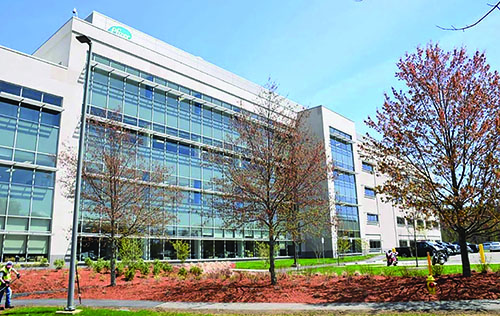

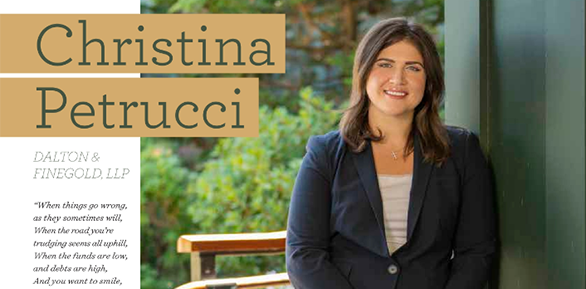
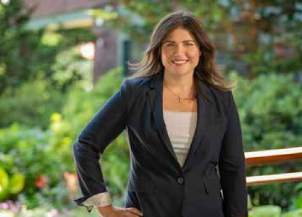 “Get Ahead of It!”
“Get Ahead of It!” Hoping to gain experience in a law firm while attending law school, Christina googled local law firms and was most impressed with the website of Dalton & Finegold. “I saw how committed to property law they were, and they appeared to be a technologically forward firm,” notes Petrucci. She began her work there as a Legal Assistant in the commercial side and after passing the bar, she also had the opportunity to move into residential work. Christina has propelled herself from an Associate to Senior Associate and now to Partner.
Hoping to gain experience in a law firm while attending law school, Christina googled local law firms and was most impressed with the website of Dalton & Finegold. “I saw how committed to property law they were, and they appeared to be a technologically forward firm,” notes Petrucci. She began her work there as a Legal Assistant in the commercial side and after passing the bar, she also had the opportunity to move into residential work. Christina has propelled herself from an Associate to Senior Associate and now to Partner. In addition to the spirit of never quitting, Christina adds a mentality of always “getting ahead of it.” She mentors others in learning to be proactive and not reactive, and she teaches them to set a high benchmark of completion and performance. Petrucci is tenacious, but she always wants to “look at the flipside and see things from the clients’ perspective, taking time to walk in their shoes.” Clients and agents appreciate her balance, and they know that aggressively getting the job done comes along with a care and concern for the clients’ best interests.
In addition to the spirit of never quitting, Christina adds a mentality of always “getting ahead of it.” She mentors others in learning to be proactive and not reactive, and she teaches them to set a high benchmark of completion and performance. Petrucci is tenacious, but she always wants to “look at the flipside and see things from the clients’ perspective, taking time to walk in their shoes.” Clients and agents appreciate her balance, and they know that aggressively getting the job done comes along with a care and concern for the clients’ best interests.

